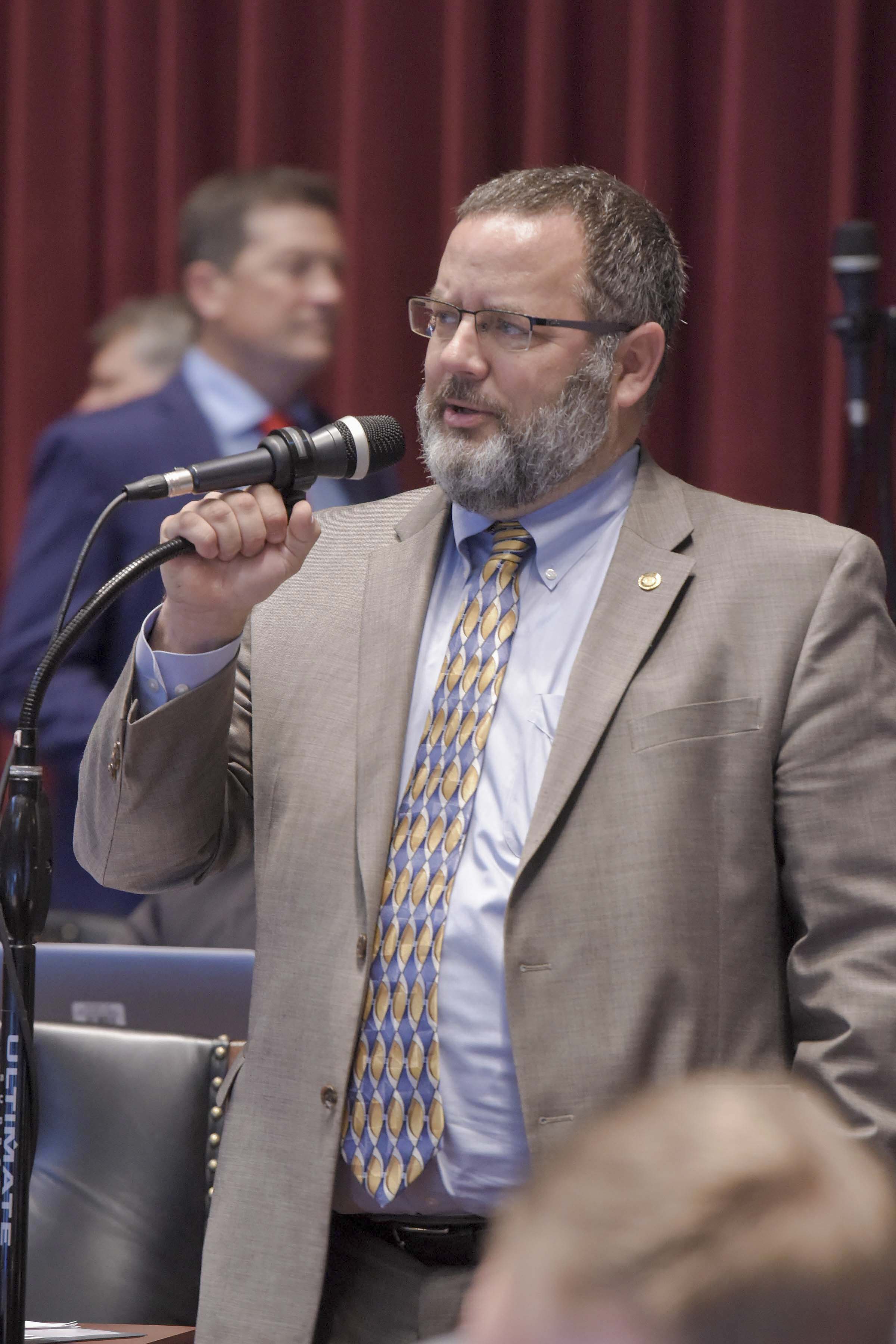The past few years dealing with the COVID-19 pandemic have definitely shown that one-size-fits-all education fails thousands of students across our state. Already struggling school districts were hit with a sledgehammer, which involved a speedy transition to all-online education, followed by a return to school marred by social distancing and mask mandates. In the meantime, the rigid, bureaucratic red-tape of many public school districts caused delays and mismatched policies that only harmed students, particularly in our largest cities.

We say we care about childhood education for poor and marginalized communities, yet we force many in these communities to attend failing schools when other options are available. That is why the time has come for equity in charter school funding.
I was a latecomer to understanding the benefits of charter public schools. You see, my home district has a great public school system, and a great community that gathers around it. But when I entered the Missouri General Assembly and became more educated on the situation of schools in St. Louis and Kansas City, I realized that traditional public schools are letting thousands of students slip through the cracks. I am also a current school board member and my tribal thinking at the time told me I could only support the status quo.
You could say I learned my lesson that charter public schools are an important alternative that I discovered thousands of families choose for their children.
First and foremost, charter public schools are only allowed in certain school districts: Currently, charter schools only operate in St. Louis city and Kansas City. Secondly, charter public schools are public schools — publicly funded, free to students, and open to all. Likewise, these schools are overseen by the state and have to meet state standards the same as any traditional public school. Finally, charter public schools are enormously popular within their communities: More Kansas City students attend charter public schools than district schools while 41 percent of St. Louis students attend charter public schools this year.
Given the effectiveness and popularity of charter public schools, you would think that our state funding system would treat them the same as the city school districts where they are located. This is not the case. Due to a “glitch” in Missouri law, charter public schools receive thousands of dollars less than the school districts which means students who attend this public alternative are being robbed of the funding that should be provided to them.
Because of this glitch, the funding generated from property taxes that charter public school students receive is based largely on the amount of local taxes from 2004-2005. Meanwhile, local districts are compensated using current-year tax collections which have obviously increased greatly since 2005. Meaning, this funding inequity continues to increase over time, despite more families choosing charter public schools each year. The time has come to fix this years-old glitch and restore equity in public education.
Last year, charter advocates and the Kansas City Public Schools were able to come to a compromise language that would help fix the funding inequity that exists between charter schools and district schools. This year’s charter funding equity legislation, HB 1552, passed the House Budget Committee with bipartisan support and will likely be one of the first substantive pieces of legislation to reach the Missouri House floor this session.
While we still hope St. Louis Public School District will come to the table and contribute to this bipartisan, compromise legislation, you can bet that HB 1552 will receive the full support of legislators who believe in education reform and charter public schools, myself included.

Rep. Dan Shaul is a Republican who has represented HD 113 in Jefferson County since 2015. He is the chairman of the Elections and Elected Officials Committee.








